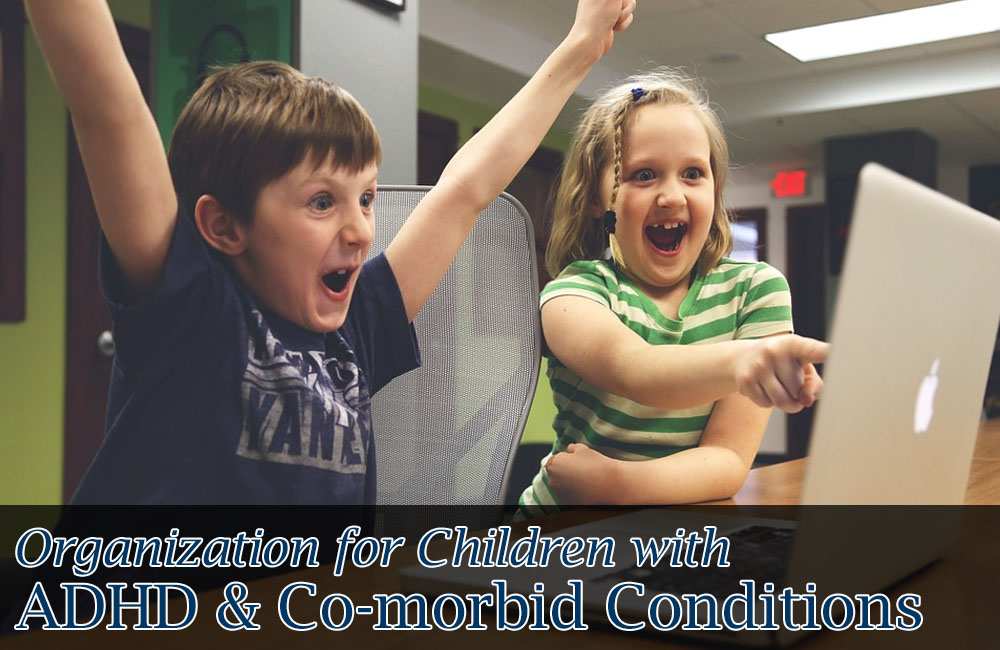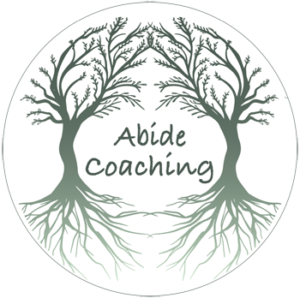Think it is just ADHD? Or that ADHD isn’t a big deal because lots of people have it?
It may be just the tip of the iceberg.
Here are some facts. The occurrences of ADHD 3-5% of the population. 20-30% of people with ADHD also have depression. More than 25% of people with ADHD have anxiety disorders.
Here is a list of co-morbid conditions:
- Anxiety/Depression
- Obsessive Compulsive Disorder
- Disruptive Mood Dysregulation Disorder/Intermittent Explosive Disorder/Oppositional Defiant Disorder/Conduct Disorder
- Learning disabilities (list could be its own long list)
- Communication difficulties
- Bipolar Disorder
- Sleeping problems
- Tourette’ Disorder/Tic Disorder
- Pervasive Developmental Disorder/Autism/Asperger’s syndrome
- Epilepsy (strong link in new studies but not yet proven)
- Many forms a physical illness
- Enuresis (Bed wetting)
- Drug and alcohol abuse
- Accidently injuries
When coming up with systems and strategies for my clients, it is important to know if they have co-morbid conditions along with their ADHD. My solutions and tips for clients are customized to the person I am working with. More than half of my clients have ADHD. Of those clients, they have at least of one these other conditions anxiety, phobias, Asperger’s syndrome, OCD, sleeping problems, depression, tics and various learning disabilities. The system for a young student with ADHD and dyslexia is completely different than the system for an older student with ADHD, depression, and OCD.
For clients, I have developed parent-student contracts, found media tools to block certain websites or use for productivity, used body doubling for the completion of tasks, physical organized spaces, found the right organizational tools of different rooms, developed of systems for homework, incoming mail, bill paying, email, etc and many other services.

It is hard to say what will work without talking to a client, their spouse, their parent, their therapist, or their teachers or whoever else may have insight. I also need to see where they are living in the state it is usually in.
But there are some overriding principles that seem to help most regardless of age:
- Learn to tell time if you don’t already know.
- Use analog clocks and timers
- Set alarms to remind you to get ready and to leave the house
- Use a planner, write down as much as possible about events
- Understand your own disorders, their symptoms (watch a youtube video, I know reading isn’t likely to happen) and be honest when talking your doctor about them.
- Use visual reminders
- Color coding for everything
- Do boring task with someone (body doubling)
- Say no to junk email, junk mail, free give-a-ways (you don’t need extra stuff)
- Have a home for everything and take to 30 sec or less it takes to put everything away when you are finished with it. It will save tons of time and frustration in the future.
- Delegate anything you can. Even if you live alone-hire a cleaning service, laundry service, have groceries delivered, use a CPA to do your taxes. All of these are forms of delegation.
- Trade tasks with someone else. Like to do yard word but hate to cook find a neighbor or friend who feels the opposite.
